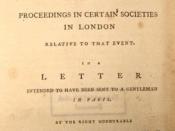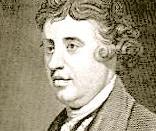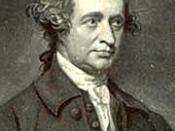The French revolution was not only a crucial event considered in the context of western society, but was also the single most crucial influence on British intellectual, philosophical, and political life in the nineteenth century. In its early stages it portrayed itself as a triumph of the forces of reason over those of superstition and privilege. In this period of time, Edmund Burke and Thomas Paine had disagreements in terms of revolution, equality between man, and system of government. Firstly, Edmund Burke is a parliamentarian and political writer embraced a great many concerns who was often seen as laying the foundation of modern conservatism. When the French Revolution was happening in 1789, he has been linked the most strongly by posterity to a critique of the French revolution. He resisted to revolutionary ideas, the rise unbridled democracy and the growing corruption of government. He supported the American colonies in the revolution against the British.
As a symbol of avoiding revolution, he wrote Reflections on the Revolution in France. Unlike Burke, Thomas Paine is an advocate of republic revolution who had a grand vision for a society. Paine wrote Rights of Man in response to criticism of the French Revolution. This book reflected Paine for his anti Monarchist views which defended against the inequalities of the French Monarchical system of government which believed in the ability of the ordinary man to make decisions for himself. Paine would have been arrested, but he fled for France to join the national convention. Personally, Paine's argument is stronger and more reasonable than Burke's. This essay will discuss the reasons why Paine's arguments are more justified than Burke's.
Firstly, Paine's idea was a revolution, while Burke respected to the following tradition which was very unpromising. Burke believed that inventing the new government was harmful and...


